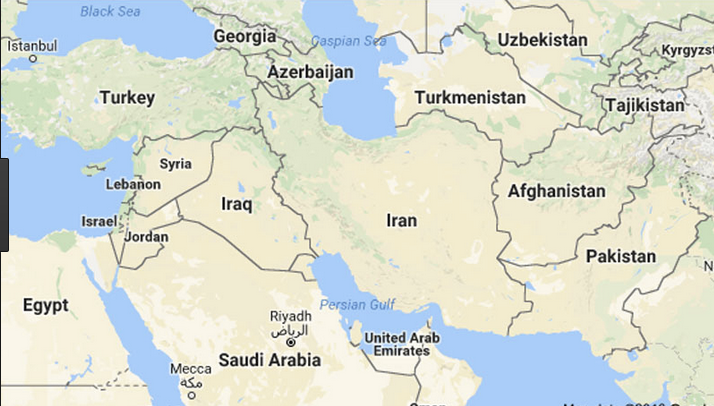Tough talk from both sides, but back in Iran, they are awaiting the delivery of a fleet of American-made Boeing airliners, the result of two deals worth $22 billion for the United States company. The most recent contract between the plane maker and the Iranian airline Iran Aseman was signed two months after President Trump was sworn into office.
Mr. Trump, whose America First campaign was based in part on the promise of reviving industrial employment, was apparently not eager to kill an order estimated to create 18,000 jobs.
During the presidential campaign, Mr. Trump heaped scorn on the nuclear agreement with Iran, calling it “the worst deal ever.” But in April and May he quietly signed crucial waivers of certain sanctions that allow the deal to remain in place and let Iran conduct international business and gain access to funds long frozen by the United States.
Further evidence that the Trump administration is willing to engage with the Islamic Republic came during Secretary of State Rex W. Tillerson’s news conference in Riyadh, which followed the president’s hard-line speech. What if Iran’s foreign minister, Mohammad Javad Zarif, happened to telephone him? Mr. Tillerson said he would take the call.




